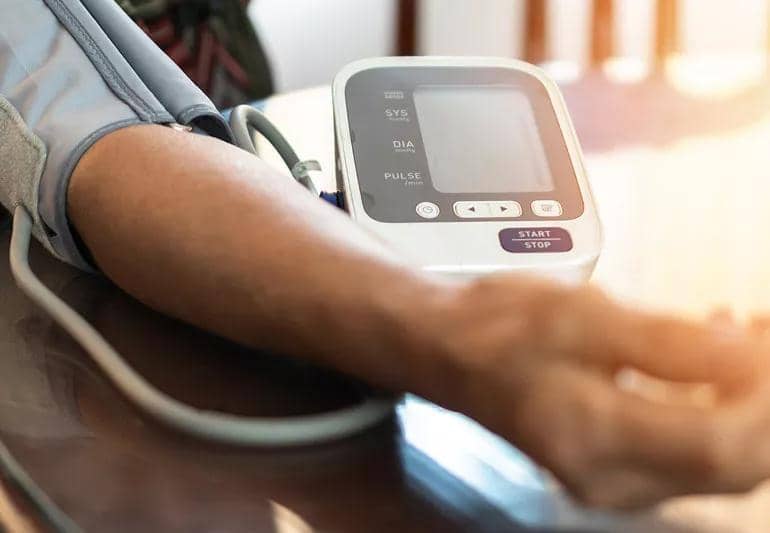
High Blood Pressure? Don't Take Vitamin D for It – Health Essentials
Advertisement
Too much vitamin D can create heart health hazards
Sellers of vitamin D claim the nutrient can lower your blood pressure. But don’t believe the hype.
Advertisement
Cleveland Clinic is a non-profit academic medical center. Advertising on our site helps support our mission. We do not endorse non-Cleveland Clinic products or services. Policy
According to cardiologist Steven Nissen, MD, despite claims from the nutrition industry and non-medical personnel about vitamin D’s ability to lower blood pressure, no quality scientific study can confirm these benefits.
“There are many other claims about the benefits of vitamin D for heart health, but they aren’t substantiated by high quality scientific studies,” Dr. Nissen says.
In fact, a study involving 25,871 participants published in the New England Journal of Medicine in 2019 concluded that vitamin D did not result in a lower incidence of cardiovascular events when compared to participants given a placebo.
According to Dr. Nissen, vitamin D does play an integral part in the regulation of blood pressure, but it’s a complicated process. And taking too much vitamin D can lead to excess calcium or hypercalcemia.
“Vitamin D enables the uptake of calcium,” he says. “In theory, too-high levels potentially can result in calcium deposits ending up on blood vessel walls, in heart valves and even in the liver and kidneys. So our advice is not to start vitamin D as a means to lower blood pressure.”
Vitamin D is an essential vitamin. Your body synthesizes vitamin D from exposure to natural sunlight. Most foods don’t contain significant amounts of the nutrient. So there may be a rationale to take some vitamin D, especially during times of year with less sunlight.
“This may be true, but be aware there’s no clear consensus on exactly how much vitamin D we ultimately need, and more importantly what levels could cause harm,” Dr. Nissen says. “That spells problems for anyone taking large amounts of vitamin D in the hope of boosting their health. That’s like treating yourself with a blindfold on.”
Vitamin D does help women at risk for osteoporosis. For men, though, there’s no clear evidence of benefit.
“The bottom line is, don’t take vitamin D supplements unless your doctor advises you to do so,” Dr. Nissen says.
Advertisement
Learn more about our editorial process.
Advertisement
If you’re taking supplements, it’s important to understand which vitamins and minerals you can get too much of, like vitamin C and calcium
There are several vitamins and mineral supplements that many people can benefit from — but it’s important to consult with a healthcare provider before you start one
If you have low B12 or a true deficiency, these shots can work wonders
Excess salt and sodium consumption is a worldwide health concern
While not magic elixirs, some drinks like beet juice and skim milk may help keep numbers down
A daily dose of vitamin D can help babies build strong bones, as well as boost their brain development
Don’t believe the rumors about aspirin being a magic way to lower BP
Getting enough thiamine in your diet can protect your heart, brain and nervous system
Your metabolism may torch 1,300 to 2,000 calories daily with no activity
A gentle touch in all the right places may help drain your sinuses
Pump up your iron intake with foods like tuna, tofu and turkey

